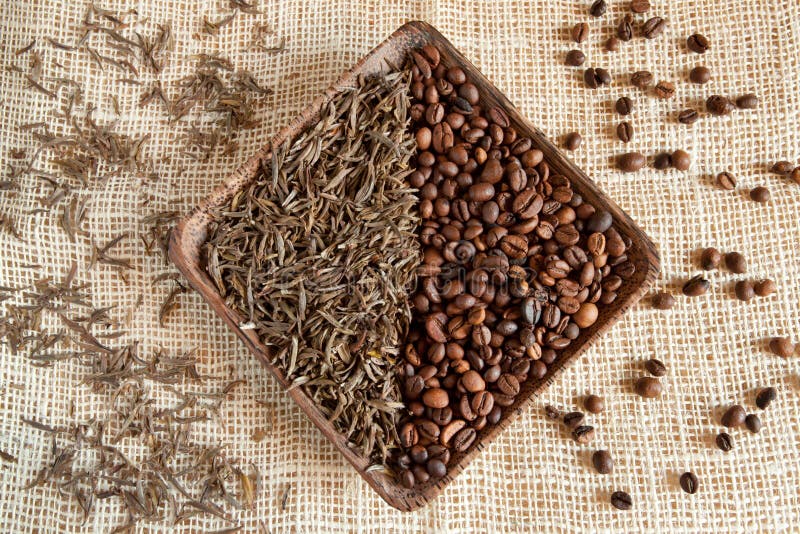

Lots of fungicide and pesticide treatments are used in tea cultivation, which leave traces in the final product. It is best to infuse your tea at 85☌ (185☏) to support catechin extraction (temperature is recommended for nutritional reasons rather than for taste preferences). To wrap up, here is some advice for choosing and consuming your tea wisely: Wait at least 2/3 hours until consuming tea after eating. This is true without much variation for black and green teas.Īs such, people with iron deficiencies should avoid drinking tea during meals so that iron-rich foods and tea do not find themselves in the same place at the same time. In fact, when consumed during a meal, tea can prevent 60% to 70% of iron absorption. Tea tannins contribute to a weaker absorption of iron. Should you avoid tea if you have an iron deficiency? This is why tea stimulates without leading to the type of excitement or jitteriness that coffee can cause for certain people. Effectively, the tea tannins slow down the body’s absorption of caffeine. On the other hand, though, the theine present in tea is better absorbed by the body. On average, a cup of tea has 3 to 4 times less caffeine than a cup of coffee does.The content can vary according to the kind of the tea or coffee and according to its infusion method.

It likewise has benefits for attention and awareness, fatigue reduction, and even improving memory (see more below). So, just like coffee, tea contains caffeine and helps to stimulate the brain.

The difference in name is linked simply to historic reasons. Theine or caffeine, it’s the same thing!Ĭontrary to popular belief, theine and caffeine are the same molecule, and there are no differences between the two. This plant contains antioxidants, but in much lower quantities than those found in tea. To note: rooibos is an infusion that does not contain theine. We should remember that cholesterol oxidation poses more threats to the body than high cholesterol levels do oxidized cholesterol contributes to plaque formation between the arteries. Flavonoids are also associated with protecting our brains as we age.įinally, flavonoids help prevent oxidation of LDL cholesterol. Drinking three cups of green tea per day reduces the risk of cardiovascular disease by 36% (13% for black tea). Thanks to the presence of flavonoids, tea allows the prevention of cardiovascular diseases these molecules improve blood flow and arterial flexibility. Other teas are of course still very beneficial for our health. Of the different types of tea, green tea is the most beneficial because it contains epigallocatechin gallate (EGCG), a very strong and protective antioxidant that is not found in any other plant in such quantities. Tea is particularly rich in catechins which are very powerful antioxidants from the flavonoid family which help to protect us from numerous diseases (see our article on antioxidants).


 0 kommentar(er)
0 kommentar(er)
